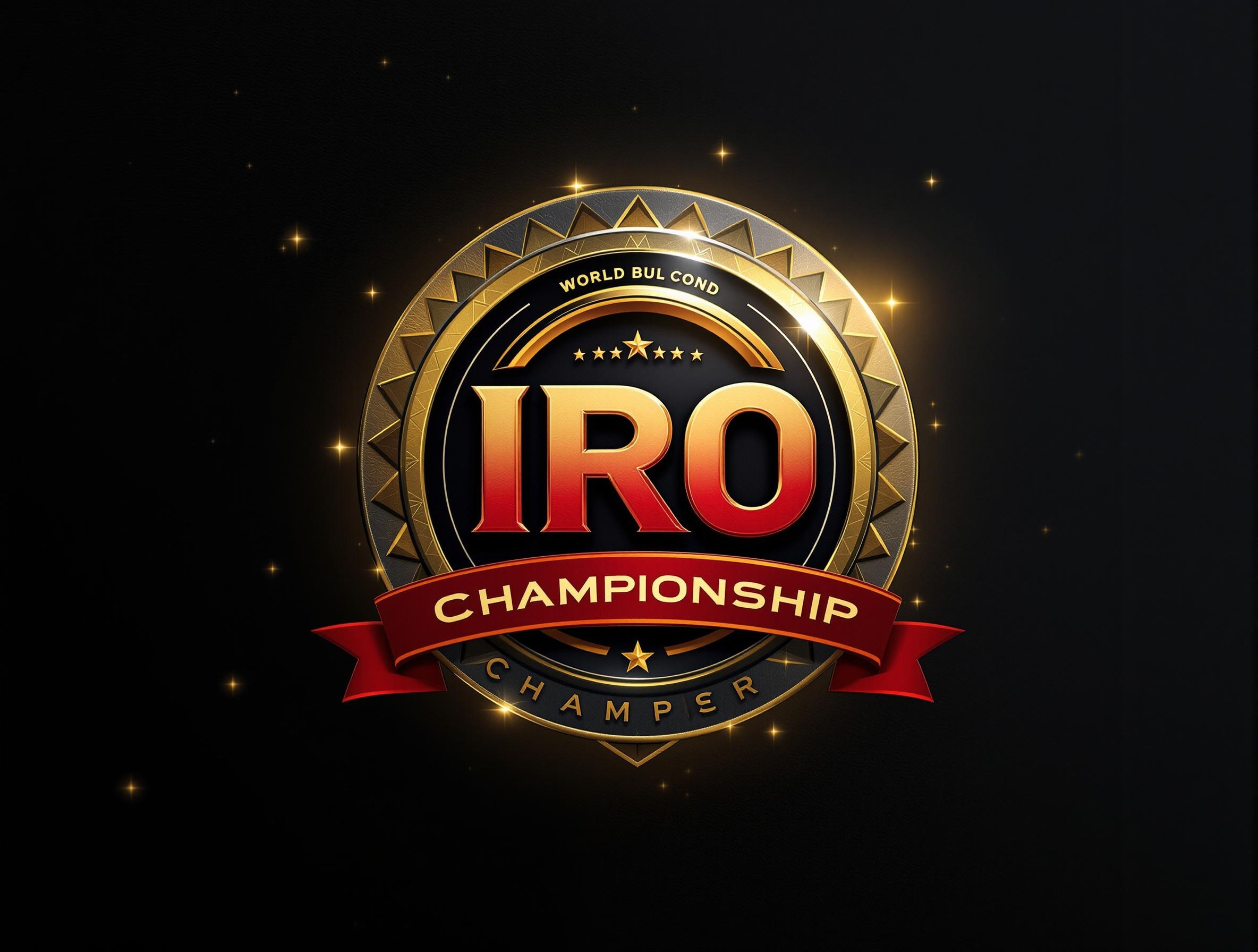Understanding the Importance of Focus in Dressage
In the world of dressage riding, maintaining focus is pivotal to achieving excellence. Riders face significant psychological demands, requiring them to harness their mental performance to navigate the intricate maneuvers dressage demands. Focus techniques are essential as they directly impact the performance and precision of dressage riding.
Mental clarity is a cornerstone of successful dressage. It aids riders in synchronizing with their horses, allowing for smoother execution of complex movements. Without a focused mind, even the most skilled rider may falter when precision is required. Thus, honing concentration strategies is not just beneficial but necessary.
Also to discover : Enhance Your Ice Skating Spins: Elevate Performance with Targeted Strength Training Methods
Competitions elevate the need for focus, where executing technical maneuvers can mean the difference between winning or losing. Dressage riders must employ focus enhancement techniques to ensure their mental performance is at its peak when it’s most needed. Understanding these techniques can provide riders with a competitive edge, guiding them toward achieving their utmost potential in the arena. With enhanced focus, riders can transform psychological demands into strengths, ultimately leading to improved outcomes in dressage competitions.
Techniques for Enhancing Mental Focus
In dressage, harnessing effective focus enhancement techniques is crucial for optimal performance. Riders can utilize various concentration strategies to hone their skills and improve their mental game. Consider the following subsections that delve into popular methods for bolstering focus in this demanding sport.
Also read : Maximizing Skiing Power: Essential Strength Training Tips for Biathletes Seeking Peak Performance
Visualization Techniques
Imagery can significantly enhance performance preparation. By mentally rehearsing each maneuver, riders build confidence and accuracy. Successful visualizers create vivid scenarios of themselves executing perfect movements in their minds. Try envisioning each step of your routine clearly, predicting how your horse will respond.
Mindfulness Practices
Mindfulness, when integrated into daily routines, offers significant benefits for riders. Practicing simple mindfulness exercises like focusing on breathing or grounding exercises can help. These practices reduce anxiety and enhance focus before competitions, allowing riders to perform with heightened awareness.
Breathing Techniques
Controlled breathing is pivotal in high-pressure situations where anxiety is prevalent. Exercises like diaphragmatic breathing can calm nerves and enhance attention. By following a pattern of deep breaths, riders can maintain composure, focusing their energy where it matters most. Many successful riders attribute their composed performance under pressure to effective breath control methods.
Managing Competition Pressure
In the high-stakes realm of dressage competitions, understanding competition pressure management is essential. Dressage riders face multiple sources of anxiety, including performance expectations and the technical challenges inherent in the sport. These pressures can heighten stress and impact overall performance.
Managing this pressure is crucial to transforming it into a force that fuels success. One effective technique is to reframe pressure as an opportunity for growth. Viewing stressful situations as challenges, rather than threats, empowers riders to maintain a positive mindset under duress. This shift in perspective encourages resilience and can significantly reduce performance anxiety.
Developing a pre-competition routine is another powerful strategy. Routines can provide consistency and stability, building rider resilience. Simple practices such as guided visualization, rehearsed warm-ups, and strategic goal-setting can enhance a rider’s confidence before entering the arena. By establishing these habits, riders cultivate an environment where pressure is rendered as a catalyst for optimal performance.
Remember, with practice, riders can harness anxiety as a tool, leveraging it to propel themselves to success. Through focused preparation and psychological resilience, competition pressures transform into stepping stones, leading to superior performance and personal triumphs in the dressage arena.
Building Mental Resilience for Dressage Success
Enhancing mental resilience is vital for dressage riders facing the sport’s inherent psychological pressures. Stress management techniques and effective coping strategies enable riders to navigate the competitive landscape with confidence.
Positive Self-Talk
A rider’s inner dialogue can significantly influence their performance outcomes. Positive self-talk involves consciously cultivating encouraging and constructive thoughts. Strategies include replacing negative statements with affirmations such as, “I am focused,” or “I am prepared.” Examples of successful riders using these affirmations report increased confidence and performance consistency.
Goal Setting and Focus
Goal setting plays a crucial role in maintaining concentration. Breaking down larger objectives into smaller, manageable tasks helps riders stay focused during training and competitions. This structured approach facilitates a clear path to success, ensuring each step feels both achievable and rewarding. Riders who set specific goals often notice marked improvements in their focus and execution.
Learning from Setbacks
Building resilience includes learning from past challenges. Resilient riders view setbacks as growth opportunities. Practicing reflection after a disappointing performance helps identify areas for improvement. Many top riders share inspiring stories of overcoming adversity, demonstrating that perseverance and learning from experience are essential elements of long-term success in dressage.
Expert Insights and Success Stories
For those seeking to refine their competitive mindset, insights from seasoned dressage riders can be invaluable. Interviewing these experts reveals focus techniques that elevate their mental performance. A common method shared is maintaining a balance between mental clarity and emotional control. Such clarity allows for precise execution, even under pressure.
Rider success stories serve as compelling case studies. Many riders attribute breakthroughs to tailored mental training, demonstrating how these practices can lead to significant improvement. For example, adopting personalized visualization and focus enhancement techniques has enabled riders to enhance routine precision. These anecdotes illustrate the transformative power of mental strategies in dressage riding.
Encounters with top trainers also provide expert advice on cultivating psychological resilience. They emphasize consistency in concentration strategies, ensuring riders develop robust mental frameworks. Lessons from these trainers underscore the importance of discipline and adaptability. By integrating these insights, riders can achieve lasting success, mentally preparing themselves for the challenges of competitive arenas.
Understanding and implementing these expert-recommended techniques not only fortifies a rider’s mental resolve but also fosters a long-lasting love and passion for the sport.
